Can anybody help me to solve this problem?
There are 3 tables with 2 foreign keys:
Schema::create('users', function (Blueprint $table) {
$table->increments('id');
$table->string('name');
$table->string('email')->unique();
$table->string('password');
$table->rememberToken();
$table->timestamps();
});
Schema::create('firms', function (Blueprint $table) {
$table->increments('id');
$table->string('title')->nullable();
$table->integer('user_id')->unsigned()->nullable();
$table->foreign('user_id')->references('id')->on('users');
$table->timestamps();
});
Schema::create('jobs', function (Blueprint $table) {
$table->increments('id');
$table->string('title')->nullable();
$table->integer('firm_id')->unsigned()->nullable();
$table->foreign('firm_id')->references('id')->on('firms');
$table->timestamps();
});
Error after running migration:
[Illuminate\Database\QueryException]
SQLSTATE[HY000]: General error: 1005 Can't create table `job`.`#sql-5fc_a1`
(errno: 150 "Foreign key constraint is incorrectly formed") (SQL: alter ta
ble `firms` add constraint `firms_user_id_foreign` foreign key (`user_id`)
references `users` (`id`))
[PDOException]
SQLSTATE[HY000]: General error: 1005 Can't create table `job`.`#sql-5fc_a1`
(errno: 150 "Foreign key constraint is incorrectly formed")


